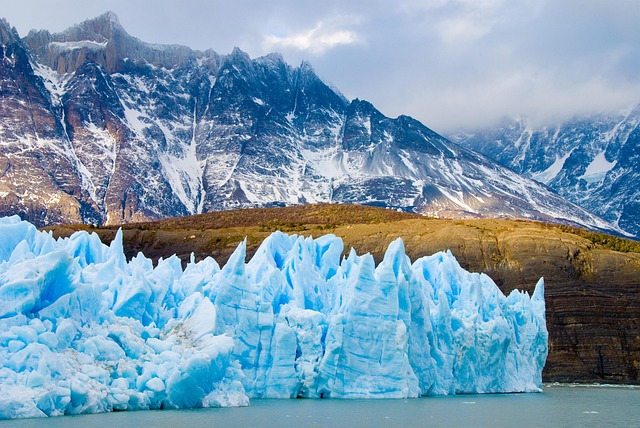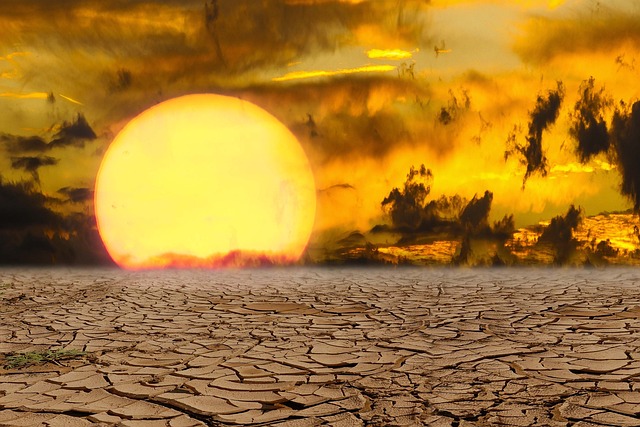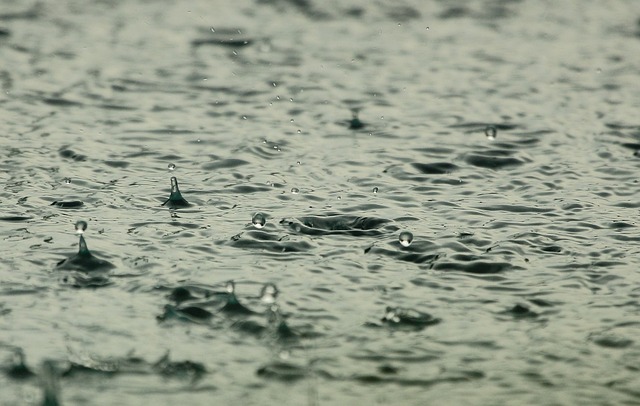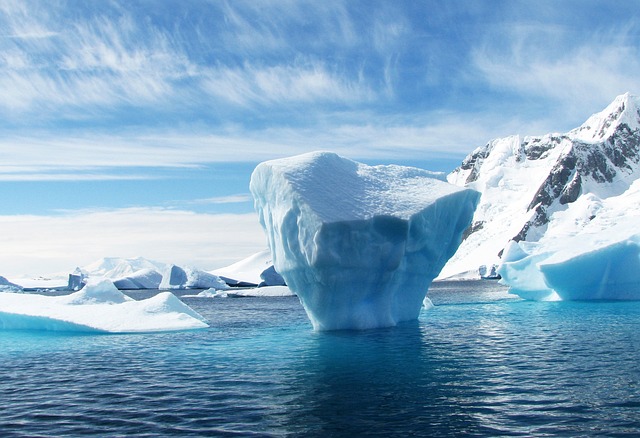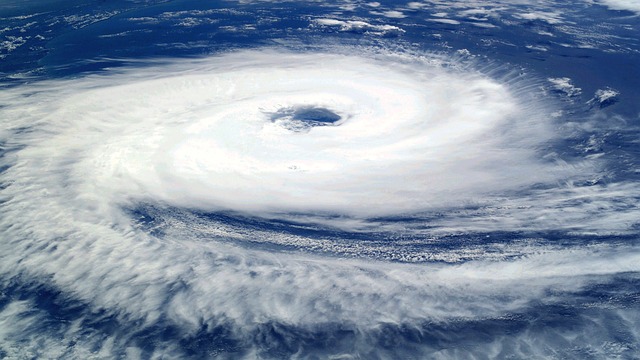Glaciers and Ice Sheets
Glaciers and ice sheets (rather than sea ice as such) melting is one of the major concerns about global warming and its consequences. Whereas Arctic sea ice cannot contribute to sea level rise, water locked up in the world’s glaciers and ice sheets in Greenland and Antarctica contain enough water to raise sea levels by… Read More »Glaciers and Ice Sheets
